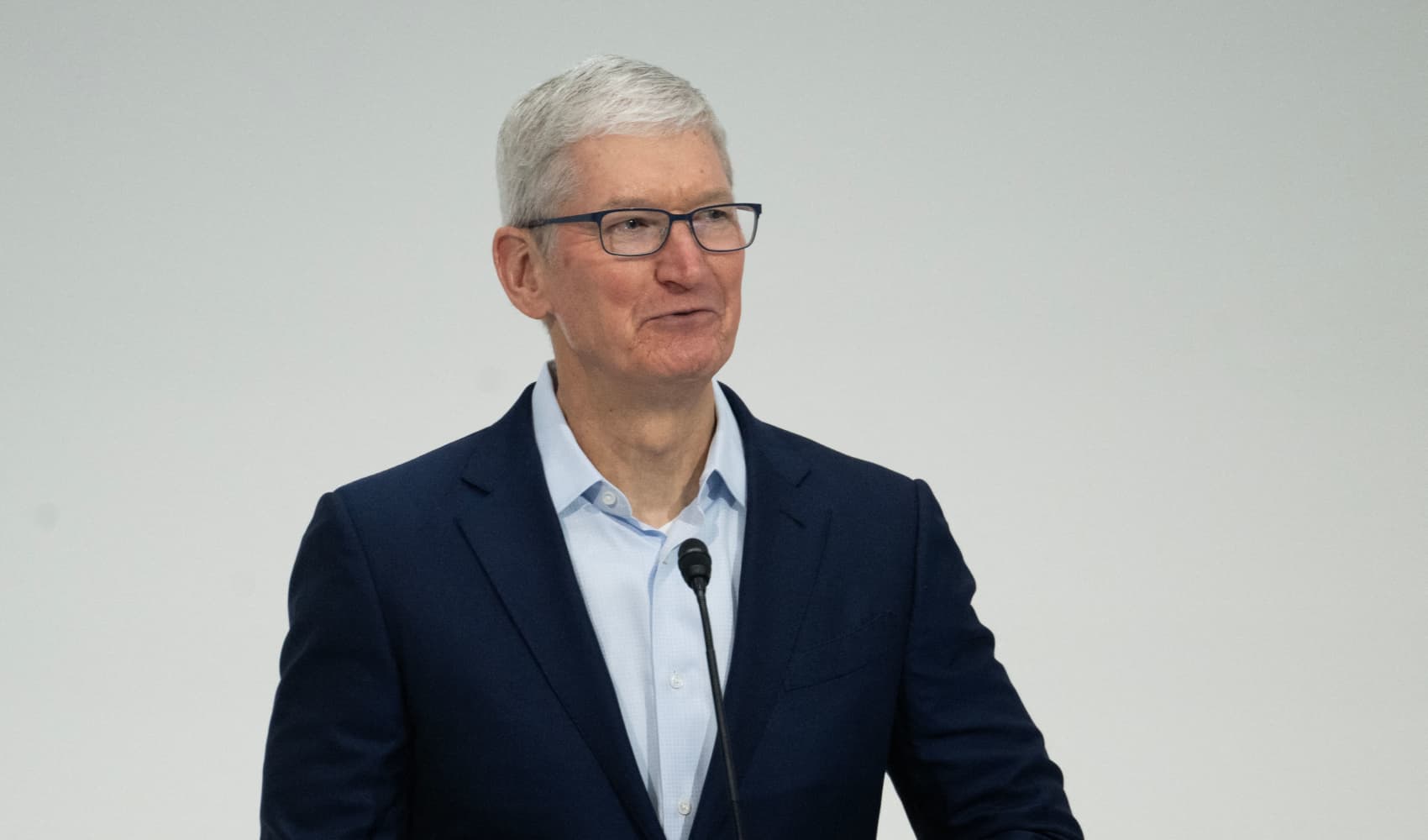
Almost two years into the Covid-19 pandemic, an end might finally be in sight.
Experts say that Covid will likely lose its "pandemic" status sometime in 2022, due largely to rising global vaccination rates and developments of antiviral Covid pills that could become more widespread next year.
Instead, the virus will likely become "endemic," eventually fading in severity and folding into the backdrop of regular, everyday life. Various strains of influenza have followed a similar pattern over the past century or more, from the Spanish flu pandemic of 1918 to the swine flu pandemic in 2009.
Covid will probably remain dangerous once the pandemic ends — much like the flu, which killed as many as 62,000 people in the U.S. between October 2019 and April 2020, according to the Centers for Disease Control and Prevention.
Get Philly local news, weather forecasts, sports and entertainment stories to your inbox. Sign up for NBC Philadelphia newsletters.
But barring any major developments, "normal" post-pandemic life could arrive soon. Here's what you can expect from the next year and beyond:
Covid could become much more seasonal
Once endemic, Covid won't dictate your daily decision-making as much, as billionaire health philanthropist Bill Gates described in his end-of-year blog post last week: "It won't be primary when deciding whether to work from the office or let your kids go to their soccer game or watch a movie in a theater."
Money Report
Endemic illnesses are always circulating throughout parts of the world, but tend to cause milder illness because more people have immunity from past infection or vaccination. You might get a cough and sniffles, but if you're up-to-date on your vaccinations, you'll be protected enough to prevent severe illness or hospitalization.
Like other respiratory viruses, there will be times of year when Covid infections peak — most likely the colder fall and winter months, meaning Covid and flu seasons could regularly coincide going forward.
When sick, you'll be advised to keep wearing masks and staying home
If the virus does become more seasonal, wearing a mask on public transit and indoors during Covid season could become the norm — potentially even in offices, says Shaun Truelove, an infectious disease epidemiologist at Johns Hopkins Bloomberg School of Public Health and member of The Covid Scenario Modeling Hub, a team of researchers who make Covid projections.
Other familiar prevention strategies, like regularly washing your hands and maintaining distancing practices in high-risk settings, could also stick around.
"We don't necessarily have to come up with new interventions [to prevent Covid]," Dr. Timothy Brewer, a professor of epidemiology at the UCLA Fielding School of Public Health, told CNBC Make It last week. "It's just that we've got to do a better job continuing to do the things we know that work."
To that end, Truelove hopes people "take a little bit more personal responsibility and stay home when they're sick," he says. That could mean working from home if you're symptomatic but still able to work, or taking a sick day when you know you need to rest, he adds.
Covid tests could get more affordable and accessible
If you've ever waited in a long line to get a Covid test, or stressed about getting your results back in time for an event, you know firsthand how the country has been "hamstrung by the delays and challenges with getting PCR tests," Truelove says.
In early December, President Joe Biden announced a plan to require private insurance companies to cover the cost of rapid at-home Covid-19 tests. If you're one of the 150 million people in the U.S. with private health insurance, you could potentially one day get reimbursed for a Covid test that you buy at the drug store.
The plan is imperfect, experts say, because not everyone can afford to wait for reimbursement — and the responsibility would fall on consumers to figure out how to file a claim. At-home Covid tests approved by the Food and Drug Administration are widely available now, but the tests can cost upwards of $20 a pop.
Elsewhere around the world, you can get a rapid Covid test for free, a model that some experts say could be replicated in the U.S.
More kids will be able to get vaccinated against Covid
On November 2, children ages 5 to 11 finally became eligible to get the Covid vaccine. Seven million shots have been administered to those kids so far in December alone, CDC director Dr. Rochelle Walensky said during a press briefing Monday.
If you have children under age 5, you might wonder when vaccine eligibility will expand to those young children. Scientists are currently working on getting you an answer, by determining an appropriate dosage for the age group.
It's an important determination. Too high of a dosage could lead to unwanted side effects, while too low of a dosage won't effectively protect your child.
Pfizer anticipates having data on its Covid vaccine in this age group by the end of this year, and potentially getting federal authorization in early 2022. Moderna's researchers won't have enough comparable data to move forward until mid-January, Dr. Bill Hartman, a principal investigator for UW Health's KidCOVE Moderna pediatric vaccine trial, told TODAY last week.
Annual Covid boosters could become a reality
On Monday, Walensky touted boosters as the best available defense against the threat of new Covid variants like omicron. Currently, 27% of fully vaccinated people who are eligible for booster shots have gotten them, according to the CDC.
There's a chance you might need to get regular Covid boosters going forward. Some experts say that Covid vaccines could become an annual occurrence, similar to your flu shot.
This might be a good thing: If new Covid variants keep popping up, each year's booster can be specifically designed to fight whichever variant is dominant at the time.
But convincing people to follow through could prove challenging. It's hard enough to convince people to get their annual flu shots: During the last flu season before Covid, only 48% of American adults got a flu vaccine, according to the CDC.
The CDC currently recommends annual flu vaccinations for anyone 6 months or older.
"People in a pandemic can accept things," Ali Ellebedy, an associate professor of pathology and immunology at Washington University School of Medicine in St. Louis, told STAT on Wednesday. "But I think if you're talking about a regular vaccine that's not really needed because of a pandemic, I'm not sure if people would be more accepting of that."
Correction: This story has been corrected to reflect that it is nearly two years into the pandemic.
Sign up now: Get smarter about your money and career with our weekly newsletter
Don't miss: Is returning to the office in January actually Covid-safe? Here's what experts say






